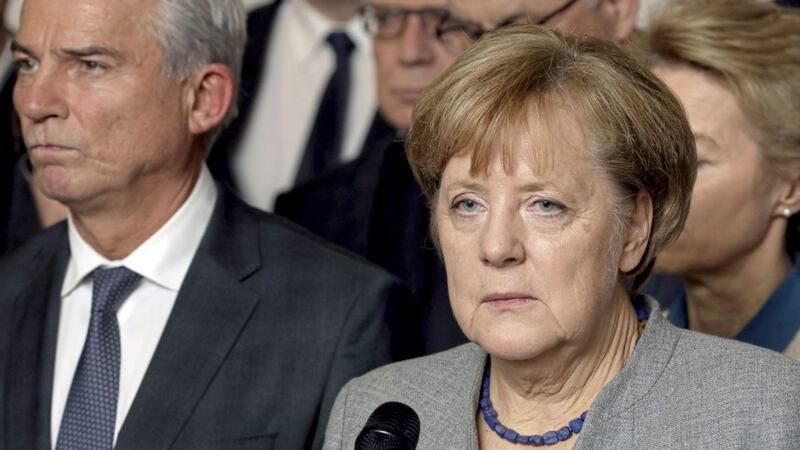AFTER what has been a relatively quiet few weeks we now seem to be facing resurgence in uncertainties on an international basis.
This week we are facing the first Budget since the general election in the UK, which presents the Chancellor with a particularly difficult balancing challenge.
Firstly he has to maintain credibility in debt markets by sticking to his (self-imposed) targets; secondly he has to somehow reconcile this with a growing public demand for less austerity; finally he has to attempt to revive flagging popularity for the government which is increasingly being perceived as focussing only on Brexit.
As usual we have been given a strong hint about some of the content: housing seems set to play a major role, but as ever we are not privy to all the details and if the past few budgets are anything to go by, it will all be forgotten within a matter of days by most people.
Looking further afield the other big news over the weekend is the uncertainty that is now facing Germany. Angela Merkel’s party has failed to agree terms for a coalition with the FDP after four weeks of negotiations. This plunges the political future of the country into huge uncertainty and it is even possible that we could be approaching the end of the Merkel era – Germany has provided stability against an often volatile background, both elsewhere in the EU and on a global basis.
Also dominating headlines has been the strange situation that has arisen in Zimbabwe – the coup that is not a coup and the inevitable approach of the end of the Mugabe era after 37 years.
Almost in a reflection of this increasing uncertainty, the UK stock market has recently been creeping down from the highs reached during the course of 2017. The US market is also starting to show signs of strain, waiting for delivery of the promised tax reforms and the dollar is also sliding downwards.
The European market has also seen stocks drifting lower over the course of the last two weeks. On a brighter note, fundamentally markets are usually far more influenced by economic concerns than political problems, but it is important to be aware of them.
We are now approaching the run-up to Christmas and as we get closer to the end of the year the stock market is usually quieter, though a “santa rally” may be predicted.
So far there are no signs of the market quietening down: General Electric in the US (erstwhile bellweather stock) had a terrible week as its share price fell 13 per cent, while Vodafone surprised analysts with a profits upgrade, for example. Stock selection remains paramount in such a market as does a well-diversified portfolio: it is hard to see where the next unexpected news is coming from and whether it is good or bad.
However, political upheaval, while unsettling, can also provide great opportunities for the more adventurous investor and it is vital to keep focussing on the long term perspective.
:: Cathy Dixon is a director at the Belfast office of Cunningham Coates Stockbrokers, a trading name of Smith & Williamson Investment Management ( SWIM). This article does not constitute a recommendation to buy or sell investments and the value of any shares may fall as well as rise. Investments carry risk and investors may not receive back the amount invested. The views expressed are those of the author and not necessarily of SWIM.







